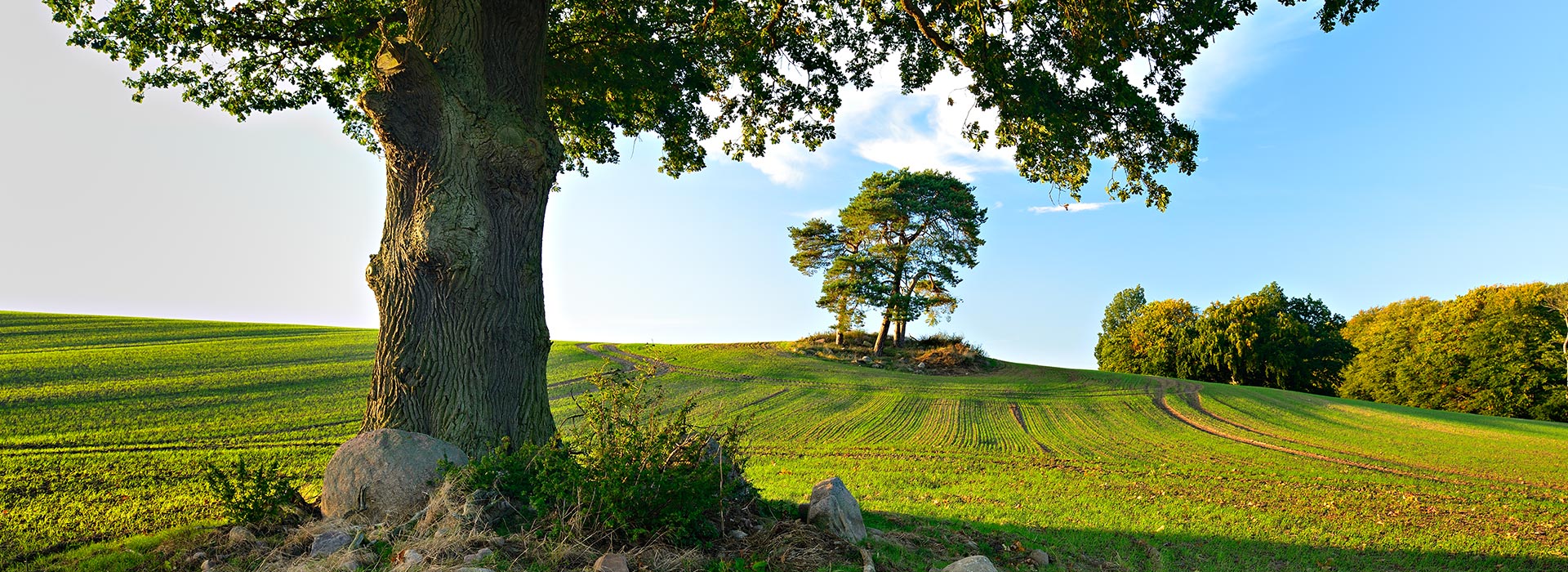On 25 November 2015, the Intergroup on Rural, Mountainous and Remote Areas (RUMRA) met in Strasbourg, France to discuss the 2030 Rural Energy Vision. A call for a White Paper on rural areas which clearly prioritizes the provision of secure and environmentally sensitive energy while encouraging homes and businesses to switch from high polluting fuels to low polluting fuels was made.
The event launched the results of the public consultation on energy and climate change situation in rural, mountainous and remote areas, which the European Parliament’s RUMRA held in 2015. Regional authorities from France, Denmark, Greece, Finland, UK, Italy, Slovakia, Netherlands and Spain, as well as a number of businesses active in rural areas responded to the consultation.
According to the results of the consultation, rural homes and businesses in Europe have developed some great energy initiatives in recent years. Locally produced renewable energy such as solar and biogas can be seen in many areas. Modern technology such as mCHP units are replacing aging high polluting heating systems. There is no question that the desire and capability to improve rural energy exists in our more remote communities. However, they need support encouragement investment and smart legislation to really exploit the opportunities that cleaner rural energy can deliver. The right policy framework will help decarbonise rural areas and could result in nearly 100 million tonnes of CO2 saved per year, recent study have shown.
2030 Rural Energy Vision:
- Clean and affordable energy for all
- Modern technology shouldn’t stop at the cities
- Efficient, practical and attractive country homes
- Energy efficient rural businesses
Mme Mercedes Bresso stressed that “Modern technologies should not be only available for the cities. Smart, modern technologies are a gateway towards creating a more competitive rural society and encouraging job creation in rural areas. Only by encouraging those modern technologies we can ensure better living conditions to our citizens”.
Andrew Ford of the FREE initiative outlined the need to have both an overarching strategy for rural areas as well as to ensure that rural energy is well reflected in the upcoming legislation. “We need to develop a policy framework which would encourage clean, affordable and efficient energy use in rural areas. This will require raising awareness of the local population about available choices as well as encouraging smart investments and smart incentives in cleaner fuels and technologies.”

